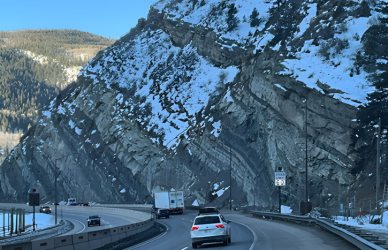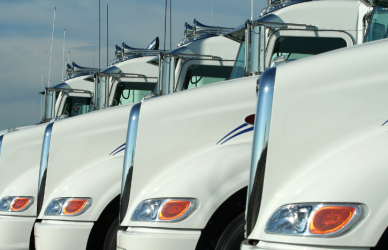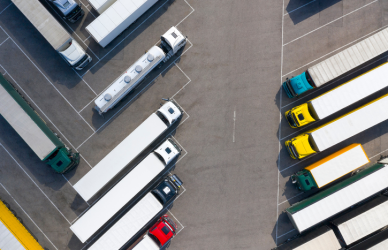The issue of autonomous truck regulation is making headlines in state legislatures from Delaware to Montana. With the growing adoption of autonomous technologies, lawmakers are revisiting how these vehicles can operate safely and efficiently on public roads.
Several states have already updated their legislation in recent years to address the rise of self-driving trucks. For instance, South Dakota created a framework enabling fully autonomous trucks to operate without an onboard human operator in 2024. Similarly, Arkansas and Mississippi revised their rules in 2023 to permit truck platoons—without human drivers in trailing vehicles.
The Owner-Operator Independent Drivers Association (OOIDA), while acknowledging the potential of autonomous technologies, has voiced concerns regarding their implications for highway safety and commercial transportation.
Delaware
Lawmakers in Delaware are tackling the issue of testing autonomous trucks without human safety operators. A similar bill introduced in the 2024 session aimed to ban autonomous trucks over 10,000 pounds from public roads. Although it passed the Senate unanimously, it failed to gain traction in the House.
Fast forward to 2025, Sen. Spiros Mantzavinos, D-Newport, has introduced SB46, an almost identical bill. This version raises the weight limit to 26,000 pounds and includes provisions that prohibit autonomous trucks from testing, transporting goods, or carrying passengers without a human driver present. It also allows testing with a driver onboard and requires the Delaware Department of Transportation to submit a report evaluating this technology by 2030, which could lead to rule adjustments.
Unsurprisingly, some in the autonomous vehicle industry argue this legislation “preemptively and prematurely” restricts progress in Delaware.
Indiana
Indiana lawmakers are also discussing autonomous trucking with measures aimed at putting clear guidelines in place. Currently, Indiana law does not specify whether a human driver is required in automated vehicle platoons.
A proposed bill, HB1057, would mandate that autonomous tractor-trailers used for goods or passenger transport must have a qualified human driver physically in the vehicle. Sponsors of the bill, such as Rep. Cindy Ledbetter, R-Newburgh, have emphasized safety concerns, stating automated trucks without drivers could lead to accidents caused by technological failures.
HB1057, along with a similar bill, HB1377, is currently under review in the House Roads and Transportation Committee.
Maryland
Maryland legislators are discussing similar restrictions on autonomous vehicles. HB439, introduced in the House, proposes banning autonomous vehicles weighing over 10,000 pounds from operating on state highways for testing, goods transport, or passenger services—unless a human driver is present. The bill also outlines a requirement for the Maryland Motor Vehicle Administration to report by 2030 on the technology’s safety, impacts on jobs, and infrastructure, as well as whether the restrictions should be maintained, modified, or removed.
HB439 will be reviewed by the House Environment and Transportation Committee during a scheduled hearing on February 6, while the Senate will concurrently consider SB405.
Montana
Montana lawmakers are initiating discussions on regulating autonomous truck platoons. Currently, no rules exist for platooning in the state.
Rep. Zack Wirth, R-Wolf Creek, has introduced HB97, which seeks to authorize truck platooning on Montana highways under specific conditions. For instance, the lead vehicle “conductor” must have a commercial driver’s license (CDL) and be able to take manual control if necessary. Platooning would be limited to three trucks in a group and restricted primarily to interstate highways or within a short distance from interchanges for loading and unloading.
The Montana Department of Transportation (MDT) would be tasked with creating safety-focused rules and coordinating with stakeholders, including trucking industry representatives. The department could also impose limitations on platooning during hazardous road conditions and issue special permits based on the finalized safety standards. The MDT highlights that while truck platooning offers economic and transportation benefits, it also introduces significant challenges.
Virginia
Virginia lawmakers are also considering policies for fully autonomous trucks. Legislators have proposed HB2627, a bill allowing autonomous vehicles, including those over 62,000 pounds, to operate in the state. However, the legislation mandates that a human driver with proper credentials must be physically present and capable of taking control if necessary.
The bill is currently under review by the House Transportation Committee.
Source: Land Line











